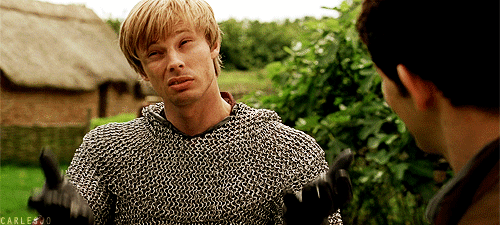This past week has been much more relaxing than the week before and I’ve started to become more content with my uncertain future. I finished up my time at both of my jobs at home and am now in Claremont visiting friends before I leave for Dublin!

Before I left, I had the chance to talk with three different medical professionals, all women, and all very excited about their work. One was a PT, and MD, and an NP. It was really interesting to hear them all talk about their schooling and their work environment, soaking up the pros and cons of each. The biggest idea I took away from the conversation was that they are never bored at work and often feel like detectives, trying to figure out what’s wrong with a patient, and developing the proper treatment plan for each individual. This felt promising, as my main concern for most potential jobs is that I will get tired of them.
Even though I could’ve guessed that their day to day work likely remained interesting, even after many years, to hear it from the source comforted me and is now a big factor in my potential decision to enter the medical field. Another distinction they made between their patients was that, even if two patients presented symptoms pointing to a particular illness or disease, they could rarely address the situation in a similar fashion. They noted that oftentimes, patients present different symptoms that reflect their living environment and that is when they really have to play detective.

They must dive into their patient’s medical history and develop the best treatment plan for that individual. In that way, the MD noted that, talking can be the best way to figure out what’s wrong with a patient. She described an experience with a patient where she needed his family’s medical history and ruled out many potential diagnoses based on that information alone. This was also exciting news to hear and made me realize that social skills are very important in medicine, as they can help you, help your patient in a less invasive way.
I consider myself to be a social person and know that my friends feel comfortable confiding in me because I will listen openly. Based on my conversation with these medical professionals, those to qualities seem like they would help me be a more effective medical professional and help me patients more in the long run. I was also able to talk with a friend who has decided to go to nursing school, and eventually become a nurse practitioner. It was nice to have her perspective, as she is still a student in Claremont and also went through a period where she considered both nursing and medical school. She suggested that I make a list of the pros and cons for each profession and really highlight what means the most to me.

Although it’s hard to determine what might be important to me in the future, there are definitely things, like whether or not I want to have a family or travel the world, that will be big factors in the list as of right now. I think this list will allow me to figure out what is most important to me and will help me figure out if one profession will allow me more chances to accomplish those things or if it will hinder my ability to do them. Here’s to a great week, and some list making!

